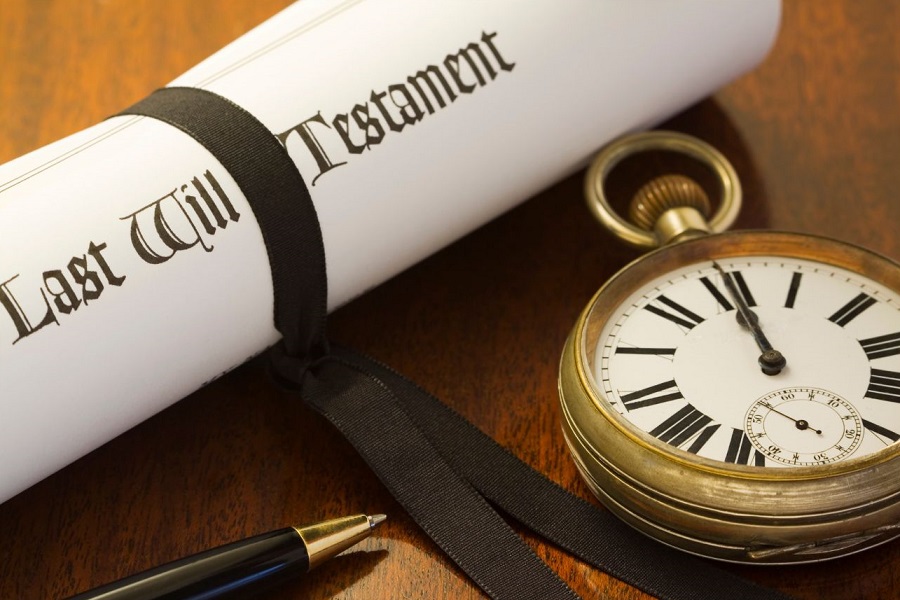What to Consider When Naming an Executor

An executor is an individual appointed by you to administer your will and testament after you have passed away. An executor’s duty is to follow your instructions in the management of your affairs and fulfill your wishes as per your last will and testament.
Choosing your executor is an important task, but how do you know who you should choose? Below we will list some important factors to consider as you make the decision.
Location
A factor that many people do not consider is the location of the person whom they want to name as their executor.
Naming an executor who lives out of province, can prove to be difficult as there would likely be a lot of traveling required for in-person meetings or dealings. They may also face difficulties trying to navigate and understand the legal and tax issues in a jurisdiction other than their own.
Furthermore, non-residents of Canada are not typically accepted as executors by the courts, and even if they are accepted it can be much more complex for them as there are additional tax-filing requirements to be made on their part. Similarly, a U.S. citizen living in Canada may be required to file extra tax returns if they are named as your executor.
Age/Health
Another important consideration is the age and health of the individual you are looking to appoint as your executor.
You should ensure that they are in good health, and capable of executing your will at the time of your death. Similarly, you should ensure that they are of age and are likely to outlive you. If the court deems them unable to carry out their duties, or if they pass prior to you and you have not named another executor, the court will appoint a Guardian to fulfill the duties associated with your will.
Willingness
Executing your will may be a lot of work and may also prove quite a burden, especially if your executor is a loved one and they are still grieving your passing. When appointing someone to be your executor, it is important to discuss with them the responsibilities and expectations that come with it. Make sure they are aware of their duties and are willing and able to fulfill your requests.
Other Qualities to Consider
After considering the above, there are some key qualities your executor should have.
- You should ensure that the person you appoint to be your executor is someone who you trust implicitly to fulfill their duties.
- As this process can take a long time, it is important that your executor is a patient person.
- The person you appoint should have great attention to detail.
- Your executor should ideally have some degree of knowledge or experience dealing with similar situations, or at a minimum understand finances.
When to Appoint a Professional
If you do not have a family member, friend, or colleague with whom you are sufficiently comfortable and or in whom you have complete confidence to name as your executor, you can appoint a professional. This could be an estate attorney or an accountant whom you trust.
Appointing a professional as your executor is also a good idea if any of the following applies:
- You have no family or friends who live in close proximity
- You have named someone in your estate who would benefit from support in managing their inheritance
- You have assets or beneficiaries located out of the country
- You have complex assets
Appointing an executor is an important component of your will and testament to ensure that your wishes are fulfilled after your passing.
This content is provided for general informational purposes only and does not constitute financial, investment, tax, legal or accounting advice nor does it constitute an offer or solicitation to buy or sell any securities referred to. Individual circumstances and current events are critical to sound investment planning; anyone wishing to act on this content should consult with his or her financial partner or advisor.